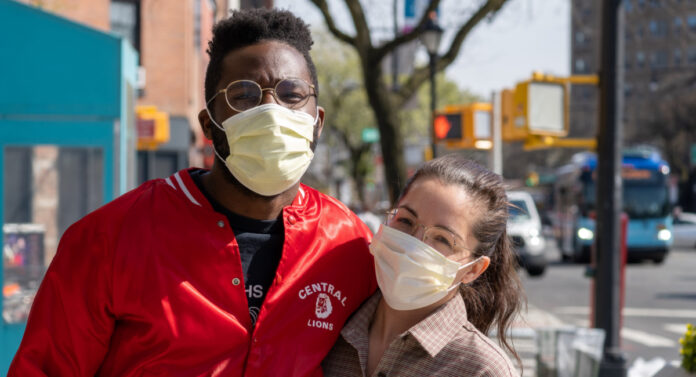As governor Abbot of Texas opened his state 100 percent, the governor of Colorado predicted a “very close to normal” summer, and cases around the country drop, scientists are growing more concerned. Fears that new, more contagious variants of the virus could spread as students head for what might be a super-spreader spring break in Florida and Texas beaches is just one concern. Variants that are not prevented by the vaccine are an even greater concern, although there is very little evidence of those here in the U.S.
According to this article from Reuters:
Scientists “now believe that SARS-CoV-2 will not only remain with us as an endemic virus, continuing to circulate in communities, but will likely cause a significant burden of illness and death for years to come.
“As a result, the scientists said, people could expect to continue to take measures such as routine mask-wearing and avoiding crowded places during COVID-19 surges, especially for people at high risk.”
Some believe COVID-19 could become an ongoing concern much like the flu, but cause four times as many deaths.
In other words, COVID-19 may not go away. We could see a COVID-19 season, much as we see a flu season, for years.
It’s All About the Variants
New variants of the disease from South Africa, Brazil, and the UK are the chief concern because the current vaccines may not be as effective against different versions of the virus. That means the disease could persist even if everyone gets vaccinated. It also means having had COVID-19 in the past year may not protect you from it next year. Already vaccine makers are looking at adding boosters shots that will address variants.
It is possible that the COVID-19 vaccine could require annual shots, like the current flu vaccine that address newly evolved variations.
No Immediate Impact
I believe that the latest concerns of scientists, especially those who have revised their predictions over and over sometimes contradict early recommendation, are going to be ignored by many people, from the guy or gal on the street to the guy or gal in the executive mansion. Here are a couple of different ways people will look at it:
- I’ve had my vaccine. They said it was 95 percent effective, so I’m going to go out and do whatever I want.
- I think COVID-19 is a farce, no worse than the flu, and is an excuse for the government to crack down on our first amendment rights, including the right to worship in person in church, to gather with friends, to eat in restaurants, and work out in gyms. This new fear mongering is just another extension of their illegal actions.
- I’m young, COVID-19 isn’t dangerous to my age group, so I will not worry about these new variations.
I don’t think new variations or more fear mongering by scientists or politicians are going to change this kind of thinking.
Economy vs Health
After data showed that number of cases per 100,000 residents between open Florida and closed California were similar (Florida was actually lower), it has become increasingly difficult to argue that the financial impact of a shutdown on businesses and citizens is justified. Citizens are also tiring of living under restrictions force on them. When COVID-19 was a big mystery, people understood the caution. It is no longer a mystery and people can make their own decisions about what steps, if any, they want to take to protect themselves.
The political cost of shutting down businesses is also rising, as demonstrated by the effort to recall California’s Governor Newsome. Even new York Governor Cuomo, once the darling of the shutdown crowd, is on the ropes, although a sexual harassment crisis is damaging his reputation as much as his handling of COVID.
Our Thinking
Our opinion hasn’t changed: It’s up to you as a thinking adult to decide whether to get a vaccine, how or even if you wish to socially distance, and whether or not to wear a mask.
We think that if a store, restaurant, bar, or other establishments want you to wear a mask, then you should do so or take your business elsewhere. Just like they can say “no shoes, not shirt, no service,” they have the same right to say no mask no service. And you have the right to go elsewhere, which is what I do when I see a restaurant that prohibits concealed carry.
Similarly, we think public schools should open. For decades, some parents have placed their kids in parochial or private schools while others have home-schooled them. If you don’t want to send your kids to in-person schools, then find an online alternative or homeschool them.
Finally, we think people are just tired and frustrated with government imposed restrictions and we don’t blame them.








